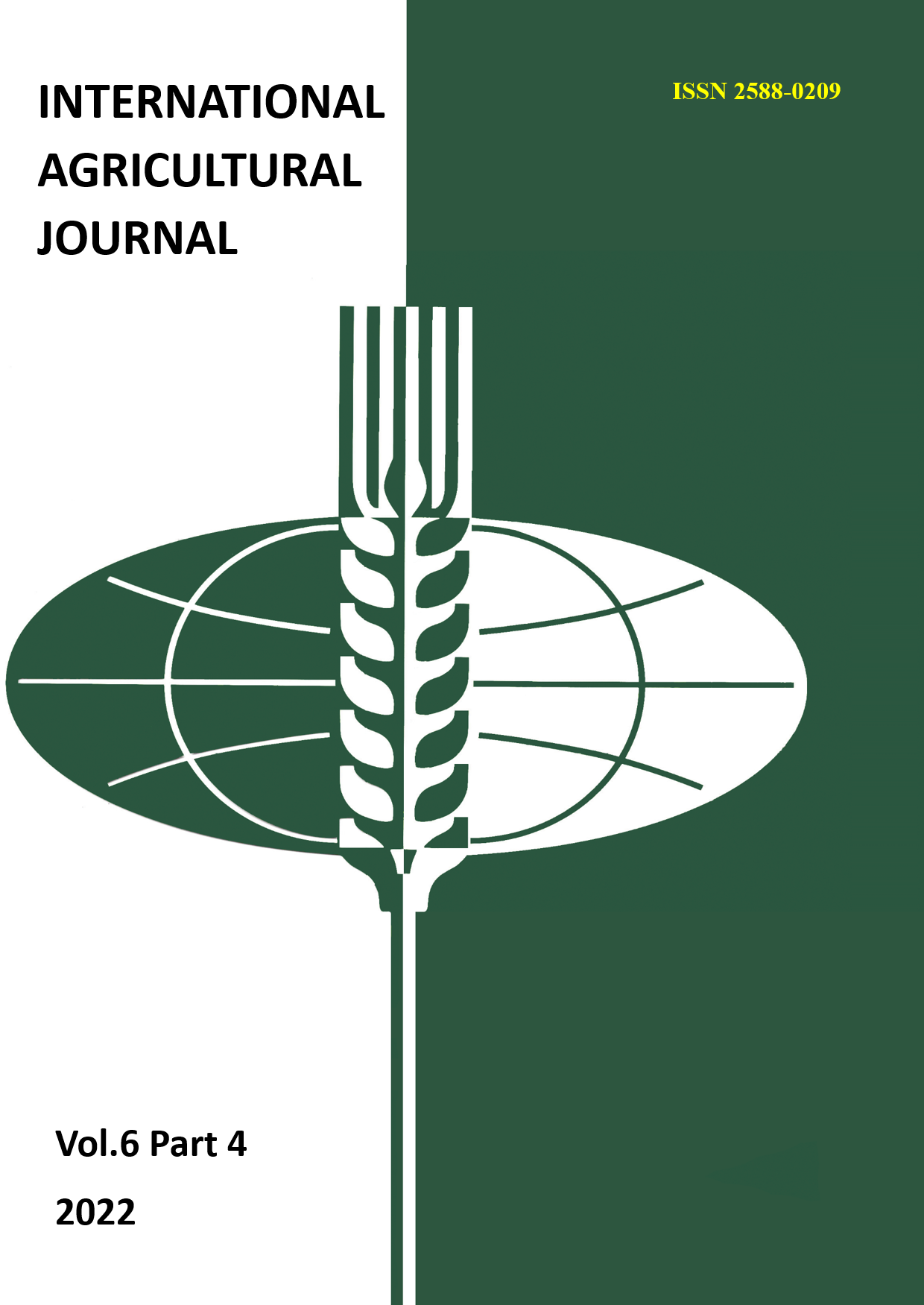STRATEGIC APPROACHES TO INCREASING THE EFFICIENCY OF MARKETING CHANNELS IN FOOD MARKETS
Main Article Content
Abstract
The article highlights the main factors influencing the effectiveness of various marketing channels in the food markets. The most important parameters of the organization's activity are considered, which determine the choice and management of marketing channels in the food markets, which integrate the competitive advantages of the organization and determine the choice of promising areas of marketing activity: value for the consumer; sales revenue; profitability. Various factors that determine the effectiveness of the marketing channel in the food markets are presented. In contact with the consumer, the company enters into a direct relationship with consumers through direct sales, direct marketing, telemarketing, electronic marketing. Indirect marketing channels involve the presence of all kinds of intermediaries: wholesalers, distributors, retailers. Email marketing has the greatest potential for attracting new customers of all marketing channels due to the ability to connect with a whole world of new potential customers at a low marketing cost. The effectiveness of marketing channels is associated with a different cost structure for them. Direct marketing channels offer the highest margins, but the company has to spend significant additional funds to maintain them. An indirect channel brings lower margins, but also requires less marketing costs. Each channel has its own quality of service level. Using direct marketing, companies control the quality of service, respond flexibly to new service requirements, change the product in accordance with the wishes of the customer. Indirect marketing involves the absence of direct contact between the supplier company and end customers. As a result, companies become dependent on distribution partners who take over the provision of services to end consumers.
Article Details
References
2. Best R. (2008). Marketing ot potrebitelja [Consumer Marketing]. St.Peterburg, Moscow: Mann, Ivanov, Ferber Publ., 760 p.
3. Akulich M.V. Upravlenie vzaimootnosheniyami s klientami (CRM). Ekaterinburg.: Izdatel'skie resheniya, 2019. – 102 s.
4. Lapygin Ju.N., Skuba R.V. (2003). Strategicheskij marketing v konkurentnoj bor'be [Competitive Strategic Marketing]. Vladimir, Vladimir State University Publishing House, 98 p.
5. Dojl' P. (2002). Marketing-menedzhment i strategiji [Marketing management and strategies]. St.Peterburg, Piter Publ., 544 p.
6. Gilbert D. (2005). Upravlenie roznichnym marketingom [Retail Marketing Management]. Moscow, INFRA-M Publ., 571 p.
7. Matancev A.N. (2006). Iskusstvo zavoevat' rynok [The art of conquering the market]. Moscow, Ekonomist Publ., 512 p.
8. Lapygin Ju.N., Red'kin S.Ju., Skuba R.V. (2008). Prodvizhenie na lokal'nye rynki [Promotion to local markets] Vladimir, Vladimir State University Publishing House, 166 p.
9. Skuba R.V. Osnovnye podkhody obespecheniya kachestvennogo obsluzhivaniya v roznichnoi torgovle // Ehkonomika i predprinimatel'stvo – 2019 – №4 – S. 791.
10. Stern L., Sturdivan F. (2013). Customer-Driven Distribution Systems. Publisher Free Press, 287 p.
11. Stern L., El-Ansary A. (2014). Marketing Channels. Publisher Prentice Hall, 253 p.
12. Christopher M. (2009). Logistics and Supply Management Strategies for reducing costs and improving serveces. Publisher Pitman, 208 p.

